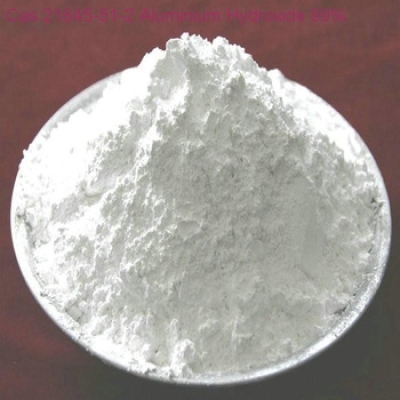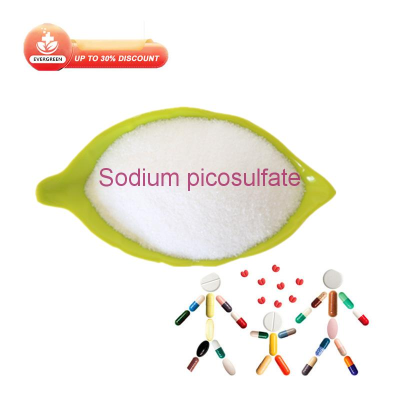-
Categories
-
Pharmaceutical Intermediates
-
Active Pharmaceutical Ingredients
-
Food Additives
- Industrial Coatings
- Agrochemicals
- Dyes and Pigments
- Surfactant
- Flavors and Fragrances
- Chemical Reagents
- Catalyst and Auxiliary
- Natural Products
- Inorganic Chemistry
-
Organic Chemistry
-
Biochemical Engineering
- Analytical Chemistry
- Cosmetic Ingredient
-
Pharmaceutical Intermediates
Promotion
ECHEMI Mall
Wholesale
Weekly Price
Exhibition
News
-
Trade Service
At 23:00 Beijing time on September 20, 2022, Wu Lianfeng's team from the School of Life Sciences of Westlake University published an article entitled "Early-life vitamin B12 orchestrates lipid peroxidation to ensure reproductive success via SBP-1/SREBP1 in Caenorhabditis elegans" at Cell Reports Research paper.
This paper reports on the phenomenon of vitamin B12 (referred to as B12) in early life that affects the metabolic and reproductive characteristics of organisms in adulthood, and the molecular mechanism
of its regulatory effect across time and space.
With the development of the economy and the improvement of people's living standards, metabolism-related diseases such as obesity and type 2 diabetes have become global public health problems
.
In 1989, Dr.
Using Caenorhabditis elegans (referred to as nematodes) as a model, this study found that the deficiency of B12 in early life leads to increased fat levels in adulthood, the accumulation of toxic lipids, the death of iron in germ cells, and ultimately the decline in the reproductive ability of nematodes, which fully supports the DOHaD hypothesis
.
Figure 1.
In two models of B12 deficiency of nematodes (diet-induced B12-deficient wild-type nematodes and nuclear hormone receptor nhr-114/HNF4 mutants), researchers first observed that B12 deficiency early in life leads to elevated lipid levels and a significant decrease
in reproductive capacity in adult nematodes.
In addition, researchers also found that by supplementing B12 with B12-deficient nematodes at different developmental stages, it was only by supplementing B12 early in life that the fat levels and reproductive abilities of nematodes could return to normal
.
Figure 2.
B12 is a key cofactor
in the metabolic pathway of methionine.
Figure 3.
When examining the fat content of offspring derived from the same B12-deficient nematode parent, the researchers found that the fat content of sterile offspring was significantly higher than that of the offspring group with reproductive ability
.
Since its concept was proposed in 2012, iron death has received widespread attention in the biomedical field and is one of the hot spots in the research of
the causes and treatment of diseases such as cancer.
Figure 4.
After understanding the molecular mechanism by which early life B12 regulates adult traits, the researchers further explored whether the SBP-1/SREBP1 protein, the signal axis composed of long-chain fatty acid unsaturation genes, and iron death can reverse the occurrence of related disorders by developing late-stage targets to achieve the goal
of adult disease treatment 。 The results showed that the use of RNA interference technology to block SBP-1/SREBP1 and lipid synthesis pathways in the later stages of development, or to supplement nematodes with iron death inhibitors, could partially save B12-deficient nematode reproductive defects, suggesting that these pathways are expected to become therapeutic targets for related adult metabolic diseases
.
Figure 5.
In summary, the study not only confirmed the decisive role of B12 in the early stages of life on the metabolic reproductive characteristics of organisms in adulthood, but also systematically analyzed the mechanism of
its occurrence.
This study reveals for the first time at the molecular level that the metabolic disorders caused by B12 deficiency have early origin characteristics, and the related action pathway is expected to become the treatment target of diseases such as metabolic disorders and infertility in adulthood, which provides theoretical support for clinical guidance of nutritional intake during pregnancy and childhood, and also provides new ideas
for the basic and clinical research of metabolic diseases such as obesity, type 2 diabetes, polycystic ovary syndrome and other metabolic diseases that may have early origin characteristics.
Shenlu Qin, a 2017 doctoral candidate at Westlake University, is the first author of this paper, and Dr.
Wu Lianfeng is the corresponding author
.
The research was supported by the National Natural Science Foundation of China, West Lake University, West Lake Laboratory and Zhejiang Provincial Key Laboratory of Growth Regulation and
Translational Research.
Original Source:
Shenlu QinYihan WangLili Li, et al.
Early-life vitamin B12 orchestrates lipid peroxidation to ensure reproductive success via SBP-1/SREBP1 in Caenorhabditis elegans.
Cell ReportsVol.
40Issue 12Published in issue: September 20, 2022.







